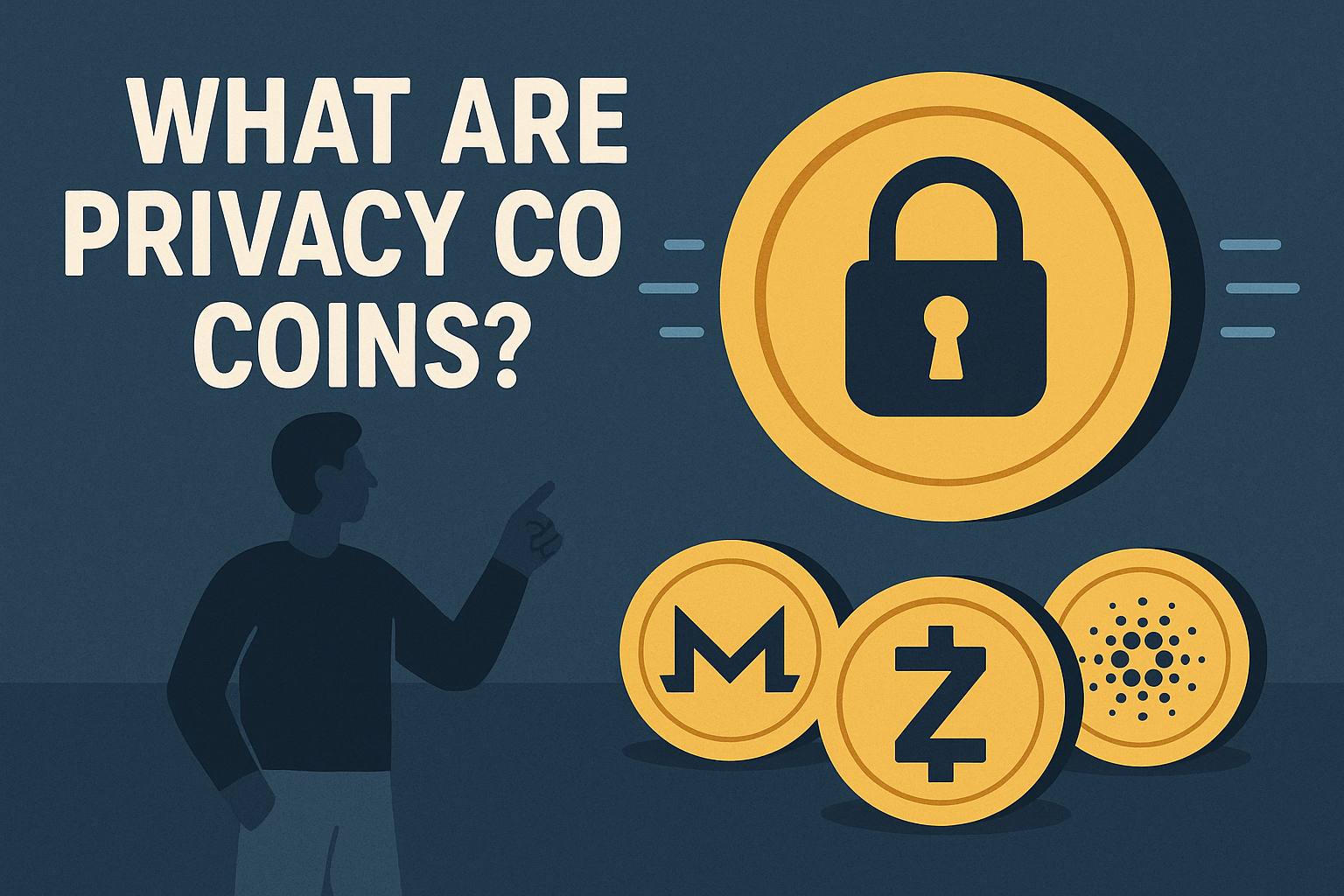Breaking News
Popular News




Enter your email address below and subscribe to our newsletter

As surveillance grows and blockchain transactions remain traceable, privacy coins have become essential for those who want to keep their financial activity private. But what exactly are privacy coins, and which ones lead the space in 2025?
At bit2050.com, we explain what privacy coins are, how they differ from traditional cryptocurrencies, and which tokens are dominating the anonymous crypto market this year.
Privacy coins are cryptocurrencies designed to hide transaction details, such as:
Sender and receiver addresses
Transaction amounts
Wallet balances
On-chain activity
Unlike Bitcoin or Ethereum, which are public ledgers, privacy coins use advanced cryptographic techniques like:
Ring signatures
Zero-Knowledge Proofs (zk-SNARKs)
Stealth addresses
Coin mixing and shuffling
✅ Goal: Protect user identity, preserve financial sovereignty, and enable censorship-resistant transfers.
🔒 Uses ring signatures + stealth addresses
💱 Fully private by default
🛠️ Active development and ASIC resistance
✅ Most widely used privacy coin in darknets and private transactions
🧪 Based on zk-SNARKs
🔄 Users can choose between transparent and shielded transactions
🌐 Backed by the Electric Coin Company
✅ Gaining adoption among regulatory-compliant users
⚡ Focuses on fast payments and optional PrivateSend feature
💼 Accepted by merchants and ATMs
✅ Combines privacy with real-world usability
🧠 Built on Cosmos ecosystem
🔐 Enables encrypted smart contracts and private data sharing
✅ Ideal for Web3 apps needing on-chain privacy
🔄 Formerly known as Zcoin
🧬 Uses Lelantus protocol for full anonymity
✅ Strong tech focus with hybrid PoW/PoS model
🛡️ Confidential transactions via Mimblewimble + Dandelion++
📱 Lightweight and mobile-optimized
✅ Cutting-edge privacy features + community-driven
💯 All transactions are private by default
🧩 Based on Zcash tech, but no transparent option
✅ Considered one of the most anonymous coins in existence
A: It depends on the country. Some nations like Japan and South Korea have restricted them, but they remain legal and tradable in many regions including the U.S. and EU.
A: Leading privacy coins like Monero and Pirate Chain are extremely difficult to trace, even by advanced blockchain forensic tools.
A: Bitcoin is fully transparent. Anyone can see your wallet and history. Privacy coins protect your identity and balances.
A: Some exchanges (e.g., Binance, Bittrex) have delisted privacy coins in response to regulations, but many still list ZEC, XMR, DASH, and others.
A: Monero (XMR) remains the most trusted and widely adopted, but Secret and Firo are gaining traction for DeFi and Web3 use cases.
In an era of increasing surveillance and data leaks, privacy coins offer a secure, decentralized way to protect your financial freedom. From Monero’s stealth transactions to Secret’s private smart contracts, the privacy coin sector is evolving rapidly in 2025.
For deeper insights into anonymous crypto, secure DeFi, and blockchain trends, visit bit2050.com — your trusted source for the decentralized future.